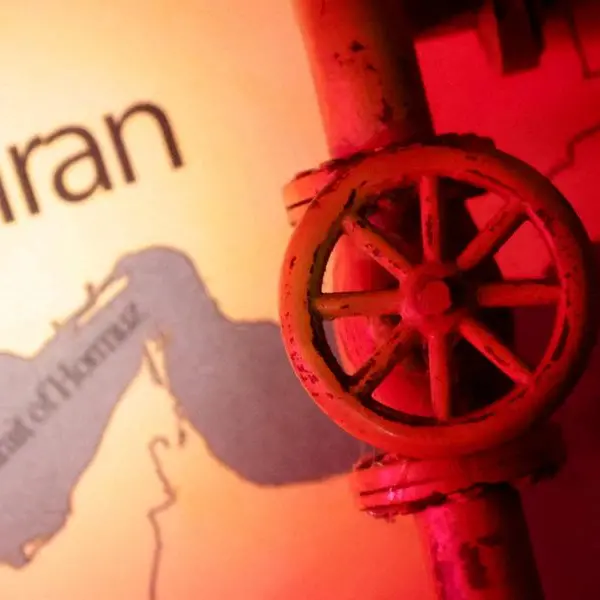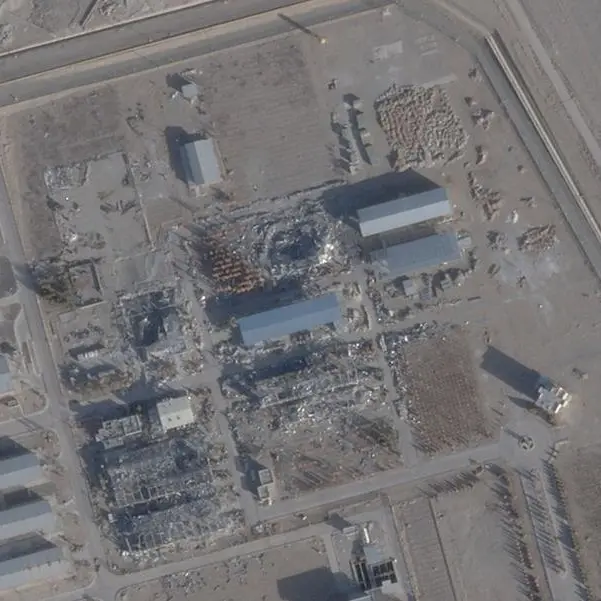PHOTO
Qatar has the foundations in place for a world-class financial services sector. A strategy for its development sets objectives for the sector, which in turn helps domestic economic growth
The latest strategic update for development of the financial services sector in Qatar, the Third Financial Sector Strategy Plan, sets out a coherent policy framework. It is being driven by the Qatar Central Bank. HE Sheikh Bandar bin Mohamed bin Saoud al-Thani, governor of the Qatar Central Bank, said at the launch of the strategy in late November, that Qatar has built a high-quality technological infrastructure as part of a transition to a digital economy. A mature financial services sector is integral to this development.
A strength of the plan is that it addresses four major sub-sectors of the finance sector jointly – banking, insurance, the digital finance ecosystem and capital markets. It also addresses all essential dimensions – regulatory framework, Islamic finance, technological innovation, sustainability, and human capital.
The plans are to develop all key sectors of financial services, which will be needed to support the ambitious strategy. There is an intelligent focus on excellence in core services, rather than seeking to offer a highly diverse range including exotic products. The unofficial slogan is that ‘boring is good’ – seeking the organic growth and maturation of essential services helping wider economic development. This involves maintaining or building world-class standards in commercial banking, trade and export finance, investment to support small and medium-sized enterprise (SME) growth, and expanded options for investments and savings for expats, as well as insurance services and capital markets. There is an ambition to move to becoming a banking hub, not just a transition hub, turning around the historic issue of net outflows.
Taking each sub-sector in turn:
Banking: The vision is of a sophisticated and resilient banking system, with diverse products, specialised advisory services, regulatory and digital excellence. There are specific targets around banking sector productivity, professionals with qualifications, availability of Islamic banking services and financing of sustainable investments.
Insurance: The aims are to develop a diverse range of insurance products, spread the culture of insurance, and ensure sound regulation. A desired outcome is QR4bn contribution to GDP, with target penetration levels for key sectors of the insurance market – motor insurance, health, life and so on. There is a stated ambition to position Qatar as a preferred destination for the international reinsurance market.
Digital finance ecosystem: Developing a leading ecosystem to encourage emerging technologies, by accelerating digital transformations supported by a strong infrastructure and regulatory framework, is the strategic goal. Progress will be measured against the Global Financial Centers Index (GFCI) – Doha ranks 65th out of 119 cities and the aspiration is to reach 30th place. The number of licensed FinTech and InsureTech players will be monitored.
Capital markets: The aim is to become a regional leader in capital markets, improving efficiency of capital allocation and liquidity. There is a target of 150% yearly value of stock traded as a percentage of free float market capitalisation, and a growth rate of 18% of assets under management.
For the financial services sector as a whole, there is a target of QR 84bn contribution to real GDP, and a projected 4.7% compound annual growth rate until 2030. Development of capital markets, for example, will result in more finance for start-ups and other businesses that is raised domestically, and less need for foreign direct investment.
If the banking sector can offer more wealth management services, expats in Qatar are more likely to use these rather than source such services overseas. There also needs to be development of cyber-security, and policies of financial inclusion for all sectors of society.
Execution is key to delivery of the strategy. It is right that human capital is identified as a priority within the strategic vision. Institutions are no stronger than the people who lead and run them. There is no reason why Qatar cannot become one of the world’s leading centres of excellence in financial services, and in doing so help development of the domestic economy.
© Gulf Times Newspaper 2022 Provided by SyndiGate Media Inc. (Syndigate.info).The latest strategic update for development of the financial services sector in Qatar, the Third Financial Sector Strategy Plan, sets out a coherent policy framework. It is being driven by the Qatar Central Bank. HE Sheikh Bandar bin Mohamed bin Saoud al-Thani, governor of the Qatar Central Bank, said at the launch of the strategy in late November, that Qatar has built a high-quality technological infrastructure as part of a transition to a digital economy. A mature financial services sector is integral to this development.
A strength of the plan is that it addresses four major sub-sectors of the finance sector jointly – banking, insurance, the digital finance ecosystem and capital markets. It also addresses all essential dimensions – regulatory framework, Islamic finance, technological innovation, sustainability, and human capital.
The plans are to develop all key sectors of financial services, which will be needed to support the ambitious strategy. There is an intelligent focus on excellence in core services, rather than seeking to offer a highly diverse range including exotic products. The unofficial slogan is that ‘boring is good’ – seeking the organic growth and maturation of essential services helping wider economic development. This involves maintaining or building world-class standards in commercial banking, trade and export finance, investment to support small and medium-sized enterprise (SME) growth, and expanded options for investments and savings for expats, as well as insurance services and capital markets. There is an ambition to move to becoming a banking hub, not just a transition hub, turning around the historic issue of net outflows.
Taking each sub-sector in turn:
Banking: The vision is of a sophisticated and resilient banking system, with diverse products, specialised advisory services, regulatory and digital excellence. There are specific targets around banking sector productivity, professionals with qualifications, availability of Islamic banking services and financing of sustainable investments.
Insurance: The aims are to develop a diverse range of insurance products, spread the culture of insurance, and ensure sound regulation. A desired outcome is QR4bn contribution to GDP, with target penetration levels for key sectors of the insurance market – motor insurance, health, life and so on. There is a stated ambition to position Qatar as a preferred destination for the international reinsurance market.
Digital finance ecosystem: Developing a leading ecosystem to encourage emerging technologies, by accelerating digital transformations supported by a strong infrastructure and regulatory framework, is the strategic goal. Progress will be measured against the Global Financial Centers Index (GFCI) – Doha ranks 65th out of 119 cities and the aspiration is to reach 30th place. The number of licensed FinTech and InsureTech players will be monitored.
Capital markets: The aim is to become a regional leader in capital markets, improving efficiency of capital allocation and liquidity. There is a target of 150% yearly value of stock traded as a percentage of free float market capitalisation, and a growth rate of 18% of assets under management.
For the financial services sector as a whole, there is a target of QR 84bn contribution to real GDP, and a projected 4.7% compound annual growth rate until 2030. Development of capital markets, for example, will result in more finance for start-ups and other businesses that is raised domestically, and less need for foreign direct investment.
If the banking sector can offer more wealth management services, expats in Qatar are more likely to use these rather than source such services overseas. There also needs to be development of cyber-security, and policies of financial inclusion for all sectors of society.
Execution is key to delivery of the strategy. It is right that human capital is identified as a priority within the strategic vision. Institutions are no stronger than the people who lead and run them. There is no reason why Qatar cannot become one of the world’s leading centres of excellence in financial services, and in doing so help development of the domestic economy.
The author is a Qatari banker, with many years of experience in the banking sector in senior positions.





















